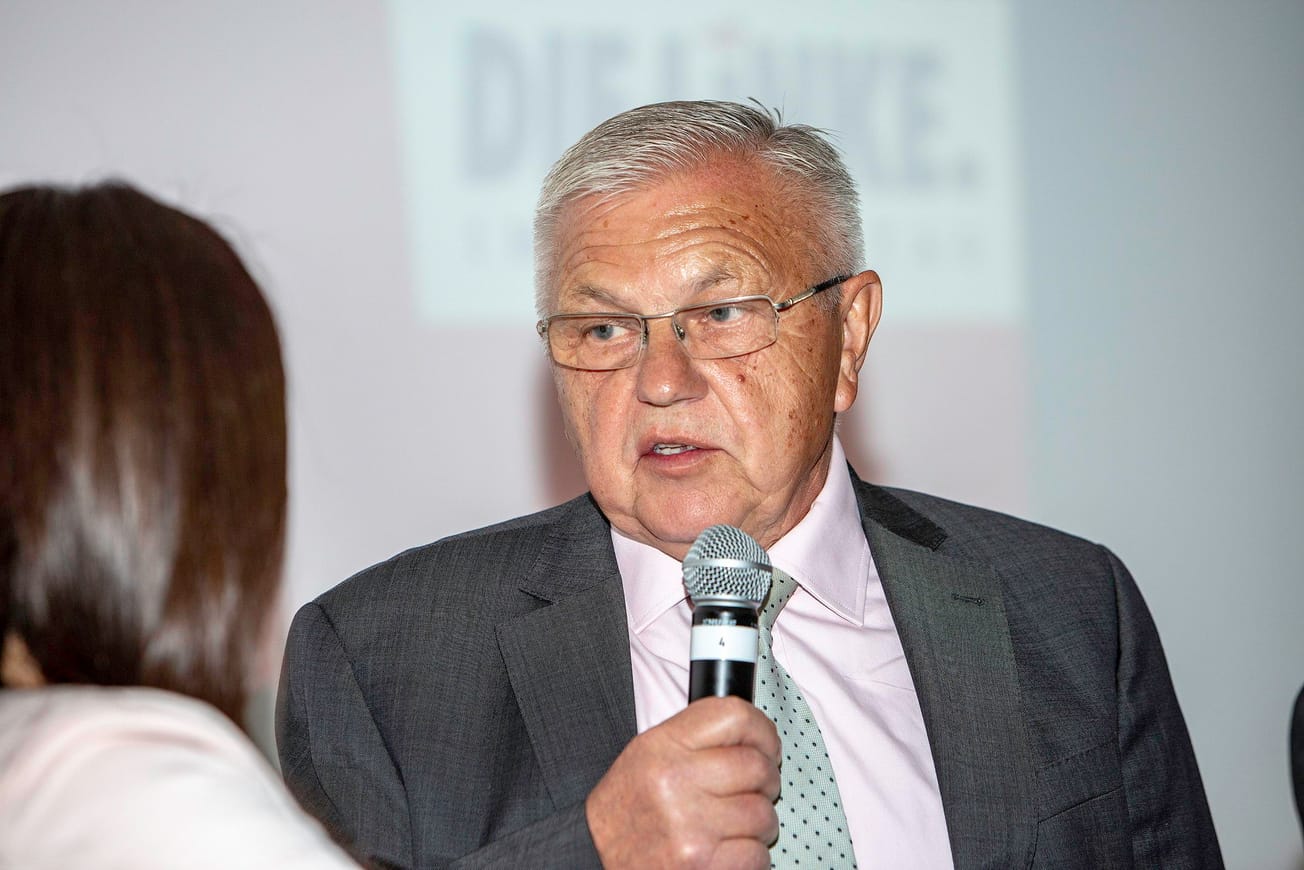Washington experienced this week the “conflict of narratives” regarding the direction of U.S.-China relations. Chinese Ambassador to the U.S. Xie Feng, speaking at the National Committee on U.S.-China Relations on Dec. 14, underlined the nature of the agreements Presidents Biden and Xi made on the sidelines of the APEC summit on Nov. 15 in San Francisco, calling for greater cooperation in a variety of areas. Xie’s comments were seconded, in a way, by Treasury Secretary Janet Yellen, who spoke after Xie, and reaffirmed that the U.S. was not interested in “decoupling” from China, saying this would be damaging to both countries and to the world economy. Yellen also indicated that she would soon be returning to China for discussions with her Chinese counterparts.
A different message was heard at the Brookings Institution on Dec. 15, where the U.S. Ambassador to China Nicholas Burns, in the U.S. for some unknown reason, delivered a speech underlining the importance of the U.S. alliances in the region, with Japan, with Australia, and with the Philippines, as well as the increasing interest of our “allies” in Europe on developments in the Asia-Pacific region. Burns said that he was not “optimistic” about any U.S.-China rapprochement, condemning what he called China’s support for Russia’s war in Ukraine and recent confrontations between Chinese and Filipino ships in disputed areas of the South China Sea. With the support, and encouragement, of the United States, which now has new bases in the Philippines, the anti-China crowd in the Marcos government was much more aggressive in asserting their claims in the waters of the South China Sea.
Burns’s comments at Brookings should automatically disqualify him as an ambassador to China, but the fact of the matter is that he probably was deployed back to Washington for this very purpose.


